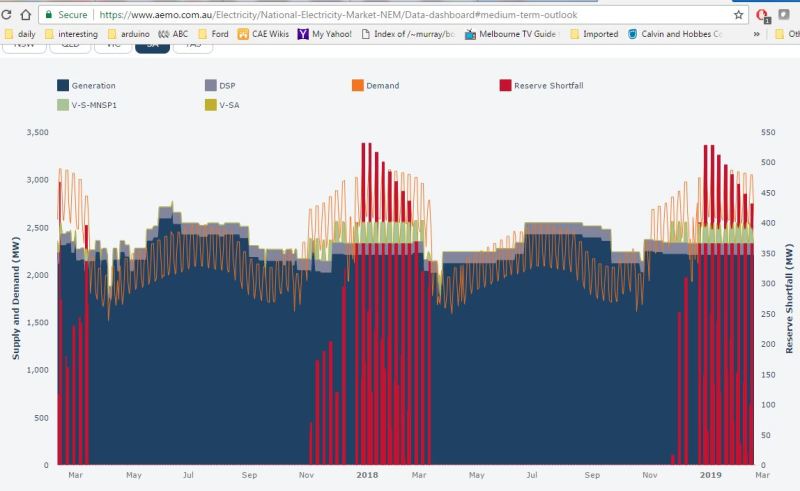HamburgerHelper
Electrical
Cranky,
Of course you shouldn't go to work in that case. Haven't you read the plans about the grid using everyone who has a car plugged in to shave peaker generation?
I would hate it if the utility cycled my batteries but it does make me wonder how many cars you would need to black start a region. In places like India, where a lot of people have backup generation since the their grid is unreliable, I could see people using their car deal with power quality issues. After Hurricane Ike, here in Houston there was a guy using his electric car to power his house instead of a generator like everyone else.
Of course you shouldn't go to work in that case. Haven't you read the plans about the grid using everyone who has a car plugged in to shave peaker generation?
I would hate it if the utility cycled my batteries but it does make me wonder how many cars you would need to black start a region. In places like India, where a lot of people have backup generation since the their grid is unreliable, I could see people using their car deal with power quality issues. After Hurricane Ike, here in Houston there was a guy using his electric car to power his house instead of a generator like everyone else.

![[thumbsup2] [thumbsup2] [thumbsup2]](/data/assets/smilies/thumbsup2.gif)
